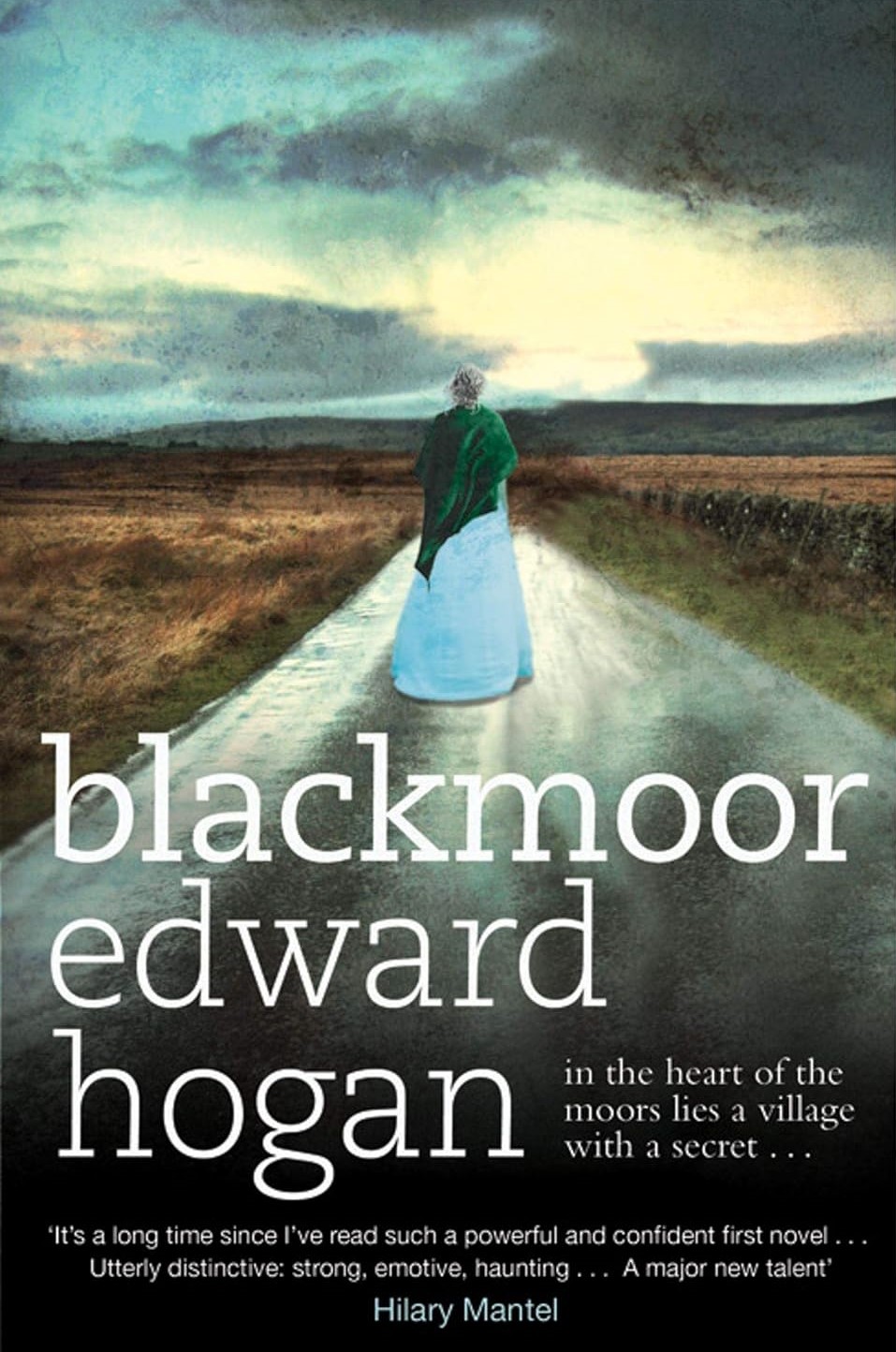Blackmoor

Beth is an albino, half blind, and given to looking at the world out of the corner of her eye. Her neighbours in the Derbyshire town of Blackmoor have always thought she was ‘touched’, and when a series of bizarre happenings shake the very foundations of the village, they are confirmed in their opinion that Beth is an ill omen. The neighbours say that Beth eats dirt from the flowerbeds, and that smoke rises from her lawn. By the end of the year, she is dead.
A decade later her son, Vincent, treated like a bad omen by his father George is living in a pleasant suburb miles from Blackmoor. There the bird-watching teenager stumbles towards the buried secrets of his mother’s life and death in the abandoned village. It’s the story of a community that fell apart, a young woman whose face didn’t fit, and a past that refuses to go away.
‘Ed’s voice is utterly distinctive: strong, emotive, haunting. His powers of observation seem almost supernatural. I am struck by the careful, line-by-line craftsmanship of the writing, as well as the bold design of the whole. What I notice is how he sets the tone and keeps to it – it’s quite rare to find such resolution and clarity of purpose in a first novel.’
Praise for Blackmoor:
‘[A] gloomy, brilliant debut… Hogan, still in his 20s, writes in the modern, simple prose of a writer far older and he’s expert at unpicking the frustrations of the working-class male in post-industrial Britain… It’s joyously depressing stuff, but also a wise study of bereavement.’ – Hilary Mantel in, The Observer
‘There’s a subtle magic to Hogan’s prose, and a passionate concern for the part of the world where this novel is based, which invites comparison with D H Lawrence – but that would be lazy. This novel … has confidence, mystery and an entrancing sense of itself’ – Independent on Sunday
‘Blackmoor is dead smart and heartbreaking. It’s offbeat and incredibly compelling. I love the way Edward Hogan writes.’ – Miriam Toews
‘A debut novel of ambitious substance and style… He is aided by writing which is charged with a bite and passion harking back to his Northern forebears: DH Lawrence, most obviously, with a passing touch, perhaps, of Charlotte Brontë. His figurative language is neatly imaginative… Hogan is a clearly a writer to watch.’ – Independent
‘Outstanding… Hogan’s writing is so forceful that he extraordinary elements of his plot are made utterly convincing, and more mundane aspects sparkle under his acute observation… In this powerful and sensitive novel, twenty-eight-year-old Hogan has achieved a striking debut’ – Times Literary Supplement
‘A memorable debut novel… Blackmoor becomes a haunting study of losses which, like the firedamp accumulating in the pits, still threaten the lives of those who seem to have survived them.’ – The Sunday Times
‘The novel seeps into your mind… It’s hard to shake’ – Nottingham Evening Post
‘An elegant turn of phrase… But while the delivery is graceful, the sense of understated, growing menace is what really holds this book together. And surprisingly, the reason it works is that the end of the story has been set out. Or most of it has, anyway… Bringing warmth to an already deeply felt novel.’ – New Statesman
‘Blackmoor’s greatest quality is that it’s not quite like anything else, signalling the emergence of a fresh and interesting voice’ – Publishing News
